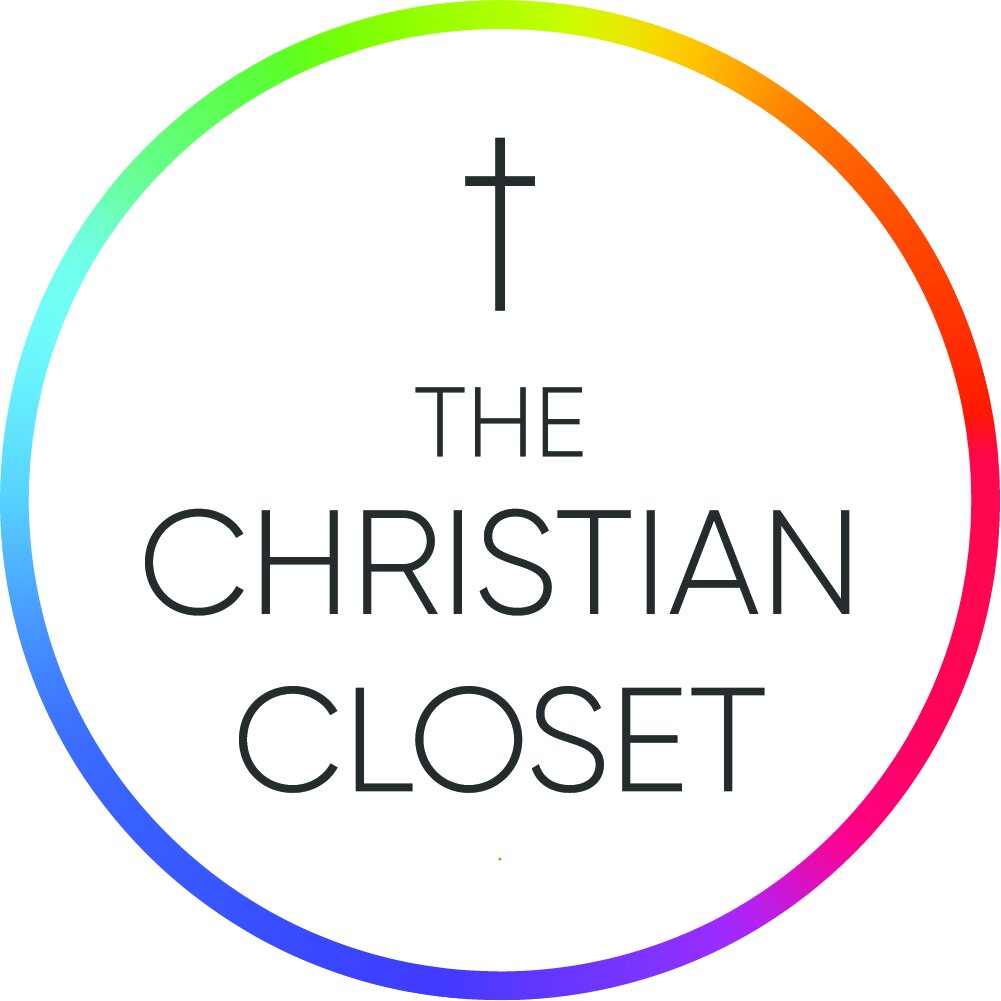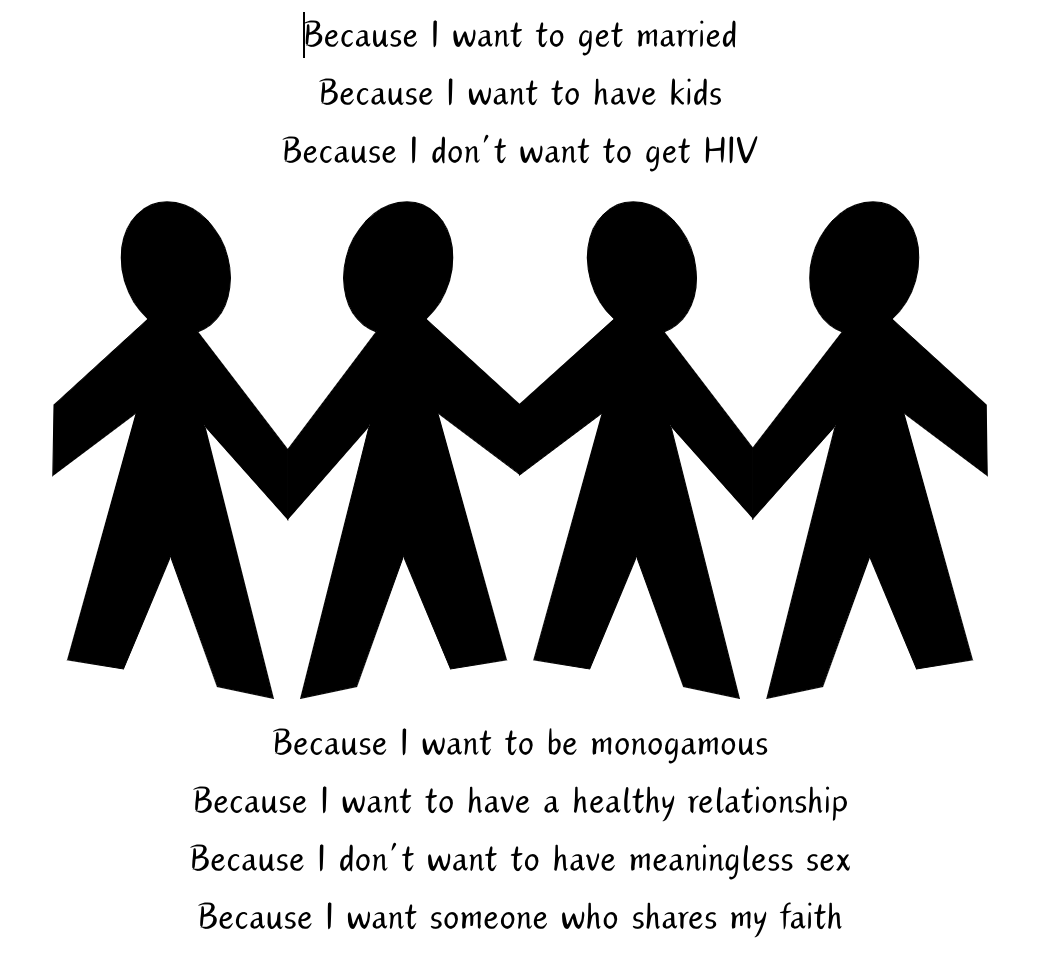Not All Like That…
Part 6 of an 8 part series. See other articles below.
“I don’t wanna be gay, lesbian, bi-sexual, transgendered, or queer…
because I want to get married
because I want to have kids
because I don’t want to get HIV, or other STD’s
because I’ll never find someone who wants a monogamous relationship
because I want to have healthy relationships
because I don’t want to have meaningless sex with lots of different people
because I want to partner with someone who shares my faith in God
because I don’t want to throw my sexuality in everyone’s face
…I want a committed, loving relationship and family.”
As a therapist and person working in the field of reconciling faith and LGBTQ sexuality, I hear statements like this all the time. I hear it from individuals struggling with the idea that being LGBTQ means they will have a life filled with empty relationships, promiscuous sex, and a lack of stability. I also hear similar sentiments from parents grieving that their child being gay means they will never have grandchildren, never plan the dream wedding they’ve saved for in order to give to their child, fearing their child will become an empty shell of a person. These people are devastated when considering what they believe it means to be gay; sad, over-sexualized, and empty inside. It can feel awfully hopeless for someone realizing they are LGBTQ. Changing their sexuality isn’t an option, yet their same-sex attraction is the thing that seems to inevitably prevent them from getting what they truly want out of life — someone to spend their life with and build a family.
You might be surprised that I won’t try and disprove this line of thinking! To be honest, it’s tempting to try and convince you these fears are outlandish, but I find some truth to them even within my own story. I lived in a secret relationship for years. Not six months, or even two or three years. No, I lived in a secret relationship for almost five years. Five. Years. You don’t have to be a therapist to imagine the impact a secret relationship had in creating many unhealthy patterns and life experiences. Anyone who knew about our secret could see that it caused us to lie to those who were important to us, that it created paranoia and mistrust in one another and those we loved, and prompted us to isolate and close our world off rather than expand and invite others into our relationship and lives. This led to bouts of depression, extreme anxiety and the use of alcohol and excessive eating to deal with it all. I remember the self-hatred and grief I experienced as the secret required me to lie to those I loved the most. Years later, I now see the damage that choice had. Some of those friendships did not last through the trauma that years of deception had caused.
I still wonder why we stayed in this cycle of pain, both towards ourselves and those we loved. Is it that the being in a lesbian relationship automatically led to this kind of unhealthy relating? Sort of like being in the sun too long with no sunscreen will always lead to a sunburn? I wonder, were there no other options for us? Is it one big set up for anyone in the LGBTQ community?
Given “no other option” by culture, and especially religious communities, all kinds of assumptions are made. Not everyone falls into the kind of experience my wife and I have had. In fact, there are people in the LGBTQ community who have intentionally chosen to have open relationships and meet strangers for brief sexual encounters. These people have chosen this and are happy with the way their life is — but it is important to note that there are just as many straight individuals and couples who chose to live their relational world outside of the bounds of monogamy. They marry one person, knowing their marriage bed is open to others who come and go. They don’t live this way because it’s “the only option” but because for them it feels like the best, most true way of being. It’s not those who are intentionally choosing this “open” way of living that we are concerned with; it’s those who truly want the “white picket fence” of a committed, monogamous relationship and family and who feel they will never get it because of the fact they are LGBTQ. In order to help with this question, let me finish my story.
You see we – my wife and I – were choosing to live this way because one of us knew we’d lose our job if we came out and there was extreme fear of losing our families. There was no way either of us saw our families loving us and accepting us and we did not want to lose them. Fear of the loss of employment, community and family support kept us in a cycle of unhealthiness. Through time, process, a couple new jobs, and risk with our families, we finally came out and like that, the lies and deception stopped.
We were lucky enough that our families supported and loved us, and this gave us the courage to live with integrity and truth. This support led to the most logical next step: marriage and a family. Even though the beginning of our story started in a place of darkness, what we really wanted all along was now finally possible. It wasn’t that there was something wrong with us, or a lesbian relationship; it was that we lacked the support (financial, emotional, communal, familial) to live our lives the way that felt most authentic to us. Once we had that stability, we did what we had always wanted to do. We got married and committed ourselves to a life-long, monogamous relationship before God and our families. Soon after we were married, we started a family and now have two children. The truth is, we are a normal, boring family.
If our story had stopped at year two, I would have never known that it was less about us and much more about the context of our lives. And this is the point, when considering LGBTQ relationships and possibilities of what kind of future you can have: we cannot consider them outside of the need for support and stability.
I’ve found that the idea that all LGBTQ relationships are about empty sex, open relationships, and a wild, raucous life is propaganda created by those who want us to be fearful of the LGBTQ community. I’ve also found that the people who spread these ideas never talk about those in the LGBTQ community who are pastors, community leaders, mothers, fathers and in committed relationships for decades. They paint with broad strokes, making sweeping declarations because they choose to. For them, there is “no other option” because – again – they never talk with those in the LGBTQ community who are outside of their generalizations, people like me, my wife, affirming religious leaders, parents, and those who have been in committed relationships.
As for me & my wife — and many others — I know our relationships with one another, our families and God are cherished and lived out in beauty and truth when support and stability is found. If you find yourself feeling hopeless as an LGBTQ person or parent of someone who is LGBTQ, don’t fall into the lies that this will mean an empty, sad life. There is a full, healthy life that can be yours.
Other parts of this series:

